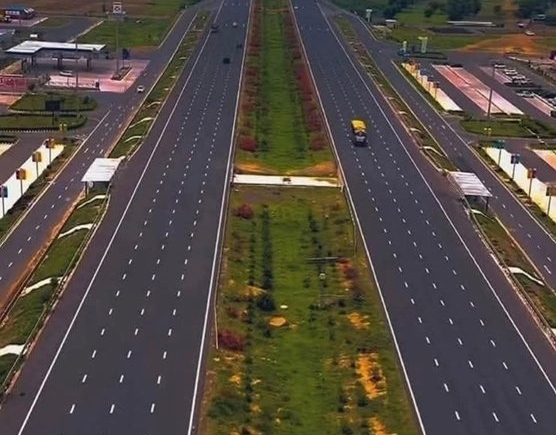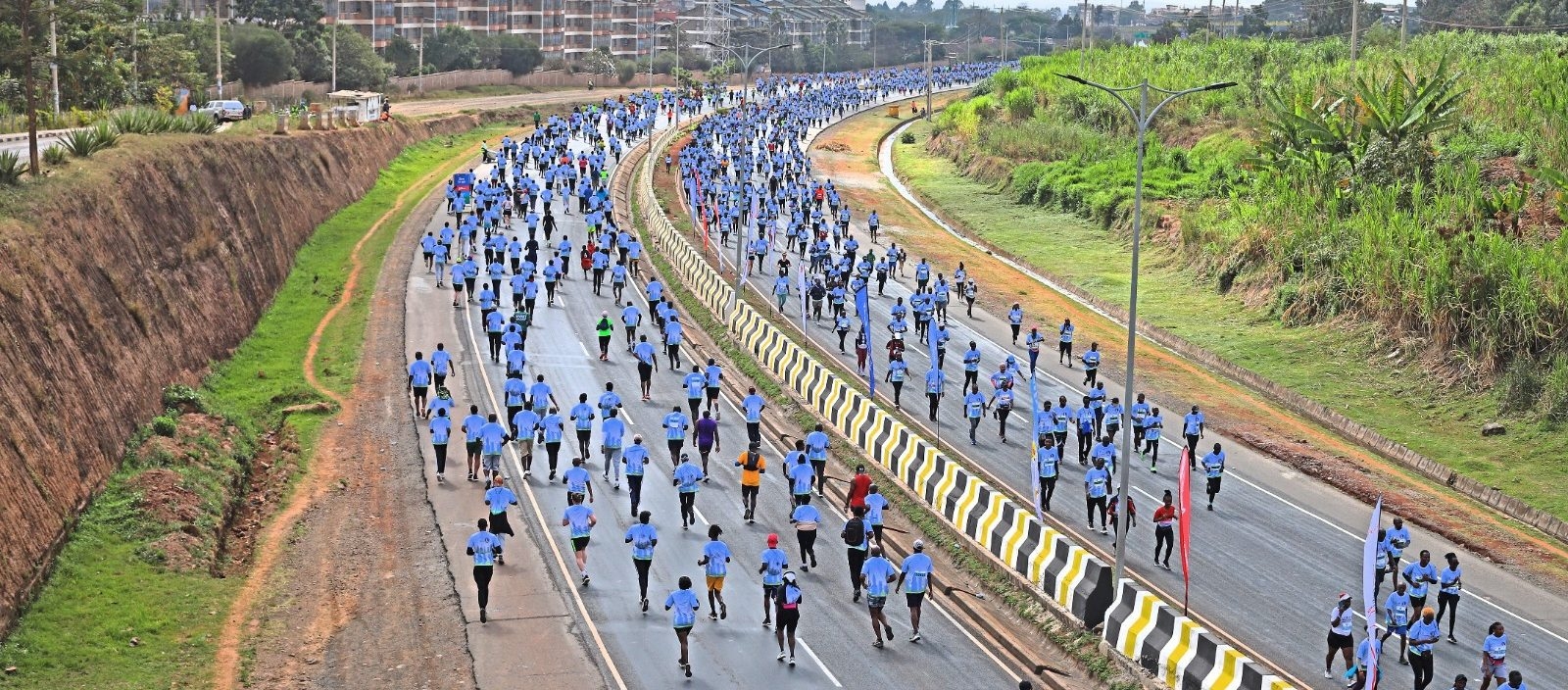The report to the 20th Communist Party of China (CPC) National Congress held in October 2022 pointed out that Chinese modernisation is socialist modernization pursued under the leadership of the CPC.
This is an overarching and fundamental definition of Chinese modernisation because party leadership has a direct bearing on the fundamental orientation, future, and ultimate success of Chinese modernisation.
The nature, purpose, founding mission, convictions, policies, and principles of the CPC determine that Chinese modernisation is exclusively socialist modernisation. Under socialism with Chinese characteristics, the Party has upheld the basic tenets of scientific socialism while also endowing it with distinctive Chinese characteristics and contemporary features.
With Marxism as its fundamental guide, the CPC has deepened its understanding of the laws that underlie governance by a communist party, the development of socialism and the evolution of human society. The CPC has further modernised the system and capacity for governance, and formed a set of institutions that includes the fundamental systems for socialism with Chinese characteristics.
The CPC has also upheld and developed a socialist culture to ignite the cultural creativity of the entire nation, thus providing a powerful source of inspiration for Chinese modernisation.
The CPC has stayed true to its founding mission of seeking happiness for the Chinese people and rejuvenation for the Chinese nation, and integrated high ideals with phased targets, which once set, it has tenaciously pursued with relentless hard work and dedication. After the launch of reform and opening up in 1978, China advanced gradually and consistently toward our goals for building a modern socialist country and enriched and refined these goals in line with the evolution of its practices.
The CPC clearly defined goals and requirements for China’s development to be met by 2035 and drew up a blueprint for building a great modern socialist country and advancing national rejuvenation at its 20th National Congress. From this historical process, it is clear that building a modern socialist country has been a consistent goal of the CPC and has been pushed forward through the generations.
Reform and opening up has been a crucial move in China’s transformation. Since the launch of this policy, the CPC has steadily transformed those aspects in the relations of production that were out of sync with the productive forces, and those aspects of the superstructure that were incompatible with the economic base.
It has advanced institutional reform across the board and established and developed robust institutions and mechanisms suited to the conditions of contemporary China. This has unleashed all the vitality of labour, knowledge, technology, management, and capital and enabled all sources of social wealth to flow freely. Since the 18th CPC National Congress held in 2012, the CPC has comprehensively deepened reform with tremendous political courage. The Party has adopted a problem-oriented approach and dared to brave uncharted waters, tackle tough problems, navigate potential dangers, and face new issues and challenges.
China has broken the shackles of stale thinking, torn down barriers erected by vested interests, and removed institutional obstacles in all areas. Reform has been transformed from a limited set of explorations and breakthroughs in certain areas into an integrated drive being advanced across the board. This has seen us effecting historic, systemic, and holistic transformations in many fields, and creating an inexhaustible source of momentum for Chinese modernisation.
The CPC is keenly aware that Chinese modernisation is an undertaking of hundreds of millions of the country’s citizens and thus they are the main actors in this process. The process must rely closely on the people, respect their creativity, and pool their wisdom and strength to move Chinese modernisation forward.
Upholding the Party’s line, the CPC has focused on putting people first, responding to their concerns, reflecting their wishes, and improving their wellbeing when considering problems, making decisions, and getting things done, so as to ensure their wholehearted support for the Party’s theories, guidelines, principles, and policies.
The CPC has regarded the people’s aspiration for a better life as its primary goal, followed a people-centered development approach, worked hard to ensure and improve public wellbeing, and made every effort to resolve the pressing difficulties and problems that concern the people most.
The Party has advanced whole-process people’s democracy, expanded democratic channels, diversified the forms of democracy, and encouraged people’s orderly participation in political affairs. This ensures that people participate in various ways in the management of state, economic, cultural, and social affairs in accordance with the law, and invest great enthusiasm in modernisation with the sense of being masters of this process.
By encouraging and inspiring people with its vision of Chinese modernisation, the CPC has effectively promoted harmony between different political parties, ethnic groups, religions, social strata, and compatriots both at home and abroad, strengthened unity among all the sons and daughters of the Chinese nation both in the country and overseas, thus forging a mighty force for building a modern socialist country.
Stephen Ndegwa is the Executive Director of South-South Dialogues, a Nairobi-based communications development think tank.



![[PHOTOS] Council of Governors visits Raila's grave](/_next/image?url=https%3A%2F%2Fcdn.radioafrica.digital%2Fimage%2F2025%2F10%2F59c8111a-6f0d-4719-8587-7e965c4bdd34.jpg&w=3840&q=100)








